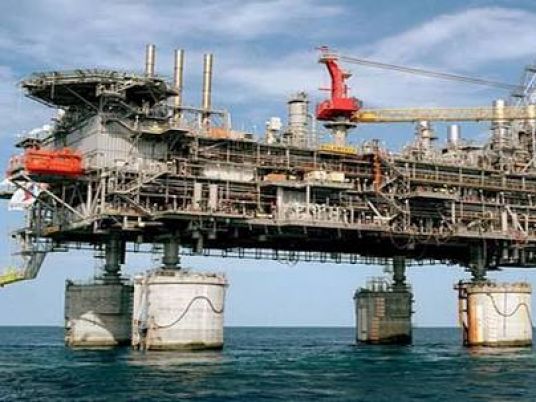Alexandria–Petroleum Minister Sameh Fahmy announced his ministry’s approval to allow the private sector to secure as much energy as is needed to establish power stations. Fahmy went on to stress the importance of taking steps to regulate the exchange of petroleum products.
The declaration was made as part of the minister’s speech yesterday before the sixth Mediterranean Offshore Conference, held in Alexandria. Fahmy drew attention to the challenges facing the private sector in securing enough energy for the growth of the industrial and electricity sectors in the upcoming period.
Fahmy also noted that his ministry did not object to cooperation in regulating the process. He also supported demands by factories to liberate energy marketing, but at the same time emphasized the importance of subjecting the issue to clearly-established rules in a way that did not harm local market equilibrium.
The minister did not, however, articulate how exactly the government would assist the private sector in purchasing the energy required for electricity stations.
A number of Arab and foreign firms, such as the Kuwaiti Al-Khurafi Group, had earlier asked for permission to establish electricity stations, but failed to proceed with the projects since there was no plan to provide them with energy.
The minister also replied to demands by foreign partners, some of whom demand the amendment of gas prices quoted in current transactions and complain of rising production costs. Fahmy stressed that no changes would be made in the absence of compelling logic, adding that the cost of producing gas represented the only price determinant.
The ministry had earlier signed a deal with oil producers setting the maximum gas price at US$2.65 per square meter, but some companies–citing soaring production costs–asked to increase the rate.
Fahmy went on to invite foreign companies to directly invest in the local market. He also referred to the 2010/2011 state budget, saying that subsidies for petroleum products would amount to LE80 billion, up from LE62 billion in the current fiscal year ending in June.
Translated from the Arabic Edition.



